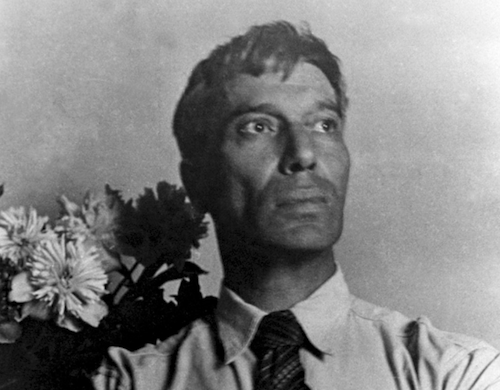Boris Pasternak: 'Poems Are Unimportant'

There's an interesting piece on Boris Pasternak's literary fame and misfortune over at Bookforum. Steven G. Kellman is here reviewing The Zhivago Affair, co-authored by Peter Finn and Petra Couvée, "a riveting account of how Doctor Zhivago came to be written, released, revered, and reviled." But Pasternak was a leading poet before the novel changed everything:
Though most critics still consider Pasternak’s poetry his greatest achievement, he yearned to create something more ambitious. “Poems are unimportant,” he declared. “I don’t understand why people busy themselves with my verses.” By 1945, he began to conceive a novel about the turbulent experiences of a Russian physician and poet—and Russia itself—from the abortive 1905 Revolution to World War II. The book is not exactly anti-Bolshevik, but neither does it portray in heroic terms the violent convulsions that transformed Russia. Tentatively titled Boys and Girls, it evolved into the manuscript of Doctor Zhivago that Soviet editors refused to publish. When an emissary of Italian publisher Giangiacomo Feltrinelli visited him in his dacha, Pasternak slipped the book to him, to be smuggled out of the country. For all the grief it brought him, the author called his completed novel “my final happiness and madness.” Its publication in Italy in 1957—and soon throughout the West—infuriated the Kremlin and helped reverse the cultural Thaw following Nikita Khrushchev’s denunciation of Stalin’s enormous crimes. Khrushchev himself encouraged the campaign against Doctor Zhivago, though following his own fall from power, he would admit: “I should have read it myself. There’s nothing anti-Soviet in it.”
Read it all at Bookforum. Really. The role the CIA had in shaping DZ is juicy stuff.


